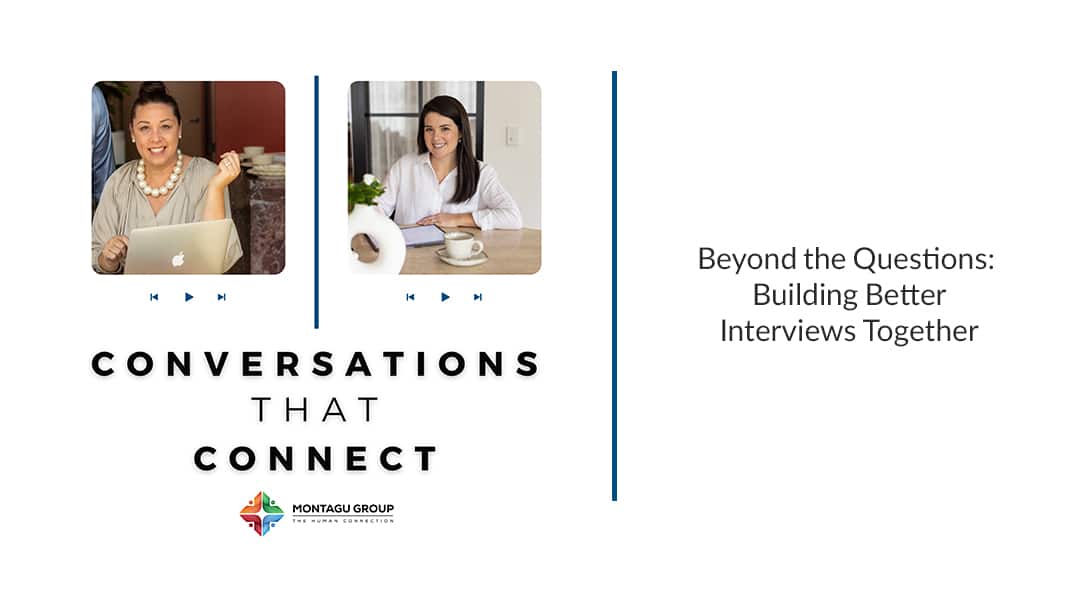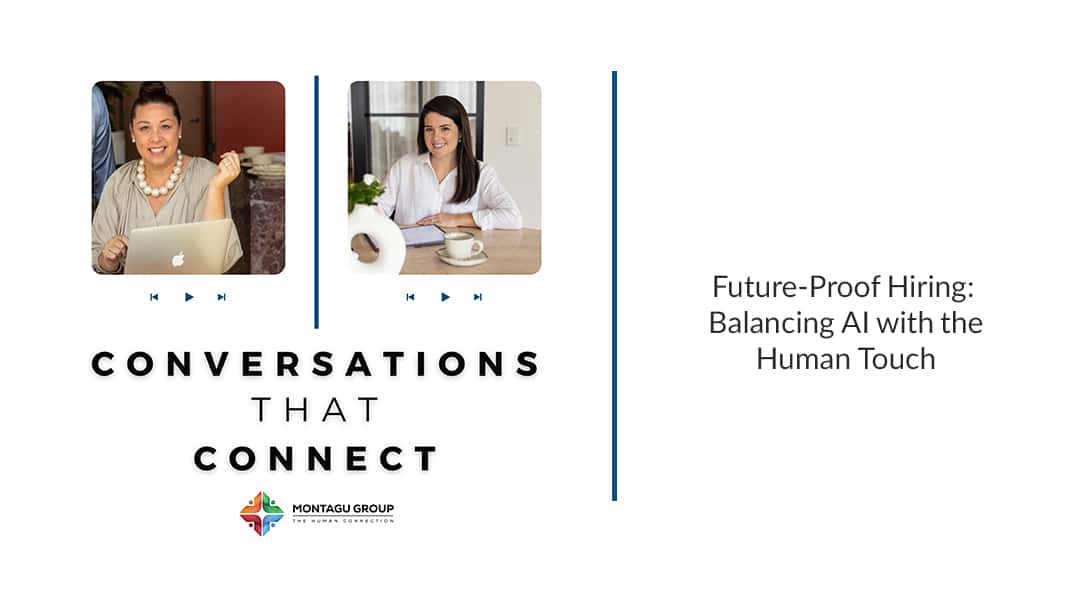
The Cubicle Comeback: Decoding the Return to Office
The Cubicle Comeback: Decoding the Return to Office. This episode dives deep into current trends in hybrid work models and return-to-office mandates. Suki and Tayla discuss how companies are adjusting their policies, the impact on employee retention, and the evolving expectations of job seekers. Throughout the episode, they provide valuable market insights on recruitment and analyse what these shifts mean for talent acquisition and management in IT, digital, accounting, and finance. They also analyse recent data on hybrid, remote, and on-site roles to provide insights into where the future of work may be headed.
The Cubicle Comeback: Decoding the Return to Office
Introduction
The world of work is in a state of flux. After years of remote and hybrid working arrangements, a growing number of companies are now calling employees back into the office. This trend, dubbed the “Cubicle Comeback,” is sparking conversations, concerns, and career changes across industries. But why is this happening now? What are the driving forces behind the shift, and how are employees responding? In this blog post, we decode the return to office trend, explore its implications, and share strategies for navigating this evolving landscape.
What Sparked the Cubicle Comeback?
The return to office (RTO) push is not a random occurrence. It is the result of several converging factors:
- Productivity Concerns: While remote work proved successful for many, some employers feel that collaboration and innovation suffer without face-to-face interaction.
- Company Culture: Business leaders worry that remote work is eroding company culture. They believe in-person interaction fosters stronger relationships and loyalty.
- Commercial Real Estate Investments: Many companies are locked into long-term leases or own office spaces that remain underutilized. Bringing staff back helps justify these expenses.
- Talent Management: Leadership may find it easier to mentor, manage, and assess performance when teams are physically present.
- Changing Economic Conditions: As economic uncertainty rises, companies may be looking to reassert control and structure to stabilize performance.
How the RTO Trend is Unfolding
The return to office movement is not uniform. Some companies are mandating five days a week onsite, while others are phasing in hybrid models that allow one or two days of remote work. For instance, a Brisbane-based international company recently moved from a two-day office requirement to four days in-office per week. Another national firm announced a full return to five days in the office starting July 1st.
Even one day at home is technically still considered hybrid work. However, the trend is clear: hybrid is narrowing, and the emphasis on office presence is growing. The return to office trend is steadily gaining momentum in multiple industries.
Why Employees Are Pushing Back
Unsurprisingly, many employees are not thrilled. After proving they can perform well remotely, being asked to return full-time feels like a step backward. According to a 2025 Robert Hall study, onsite roles declined from 83% in early 2023 to 61% by the end of 2024, while hybrid roles rose from 9% to 23%, and remote roles increased from 10% to 15%.
Employees are now reevaluating their positions. Some are actively seeking new roles that offer better flexibility. Others are willing to accept a slight pay cut in exchange for the freedom to work remotely. For many, the time, cost, and mental load of commuting are no longer worth it—especially if the work can be done just as effectively from home. Therefore, the return to office has become a deciding factor in many career moves.
The Role of Flexibility in Talent Retention
Flexibility has become one of the most important factors for job seekers. Pre-COVID, candidates asked about salary first. Post-COVID, the top questions are:
- Can I work remotely?
- Is the role hybrid?
- How many days do I have to be in the office?
Seek’s current data reflects this shift. A recent search of IT roles in Brisbane revealed 870 hybrid listings, 294 onsite roles, and just 32 remote-only roles. While hybrid is still the dominant preference, we’re seeing movement toward more onsite expectations. This change reinforces the growing emphasis on the return to office.
Regional Variations: Brisbane vs. Sunshine Coast
Interestingly, location plays a significant role in this trend. In Brisbane, there are more hybrid roles than onsite. However, on the Sunshine Coast, onsite roles slightly outnumber hybrid ones, and there are no remote-only roles listed at all.
This suggests that return-to-office trends can vary greatly by region, industry, and business size. It also points to the importance of market awareness when making career decisions.
How Companies Can Approach the Transition Thoughtfully
For businesses, mandating a return to the office is a delicate balancing act. While some roles genuinely require onsite presence, others can be done just as well remotely. A one-size-fits-all approach can backfire, leading to talent loss and negative workplace sentiment.
Here are some strategies for companies:
- Start with the Why: Employees want to know why a return is necessary. Simply saying “because we said so” is not enough. Leaders must articulate the purpose behind the change.
- Offer Flexibility Where Possible: Even one day at home per week can make a difference. Flexible hours, compressed workweeks, or occasional remote days show trust and adaptability.
- Communicate Clearly: Use a staggered approach if a full return is the goal. Give employees time to adjust and communicate the timeline well in advance.
- Listen to Feedback: Involve employees in discussions. Use surveys or focus groups to understand their preferences and concerns.
- Provide Incentives: If returning to the office is non-negotiable, consider offering perks like free parking, commuter stipends, or improved break areas. That way, employees may feel more valued despite the increased expectations.
Why Some People Are Choosing to Leave
The conversation isn’t just about location—it’s about lifestyle. Many professionals have discovered that working from home enhances their productivity, mental health, and family life. When faced with losing those benefits, some decide to move on.
It’s not always about money. Candidates are factoring in commute time, family commitments, and lifestyle balance. For example, someone might take a $5,000 pay cut to avoid spending two hours a day commuting. Clearly, the return to office is not just a workplace policy—it’s a quality of life issue.
The Bigger Picture: Work is Changing
The Cubicle Comeback may be underway, but the future of work is far from settled. Companies must recognize that work is no longer just about presence—it’s about performance, engagement, and wellbeing. And employees? They’re more empowered than ever to choose what works for them.
We’re in a transition period. While some companies tighten their grip, others are leveraging flexibility to attract top talent. In six months, the landscape could look very different.
The return to office trend is reshaping how companies think about productivity, collaboration, and long-term employee satisfaction. Whether companies succeed or fail in this transition may depend on how well they adapt to changing employee expectations. Consequently, flexibility and communication will be essential.
Final Thoughts: What’s Next?
As we move further into 2025, the return to office trend will continue to evolve. Employers must weigh the pros and cons of in-office mandates carefully. Employees, meanwhile, should take time to reflect on their needs, lifestyle preferences, and long-term goals.
Whether you’re a company leader trying to guide a successful transition or a job seeker navigating new expectations, one thing is clear: communication, transparency, and flexibility will be key to thriving in this next phase of the workplace.
What do you think? Is the Cubicle Comeback a necessary evolution or a regression? Let us know your thoughts in the comments.
Show Notes
-
Episode Title: The Cubicle Comeback: Decoding the Return to Office
Hosts: Tayla & Suki from Montagu Group
Topics Covered:
- Why some companies are mandating 3–5 days in the office
- How different regions (Brisbane vs Sunshine Coast) are approaching hybrid and remote roles
- What employees are saying—and doing—in response to these changes
- The growing importance of workplace flexibility over salary for many job seekers
- Tips for both employers and job seekers navigating this transition
This candid conversation looks at real examples, personal insights, and current job market data to break down what’s really going on in the world of work.
Key Takeaways
- Flexibility is the new currency in recruitment.
- Mandating office returns without clear communication can lead to talent loss.
- Hybrid work is still alive—but the definition is tightening.
- Regional job markets are showing very different patterns.
- Employees are willing to trade salary for balance and wellbeing.
If you have a burning topic you’d like to discuss, don’t hesitate to reach out at hello@montagu.com.au.
Join the conversation Today!
click on the button to see a full list of posts from our Conversations that Connect deep dives!
Stay Up to Date With Our Latest Episodes
enter your email to be notified when we release a new episode of Conversations that Connect.





